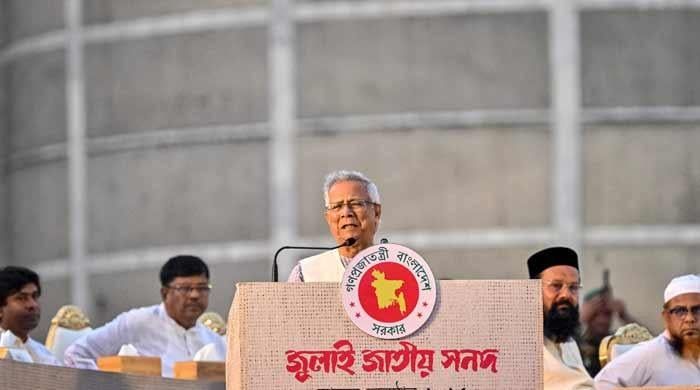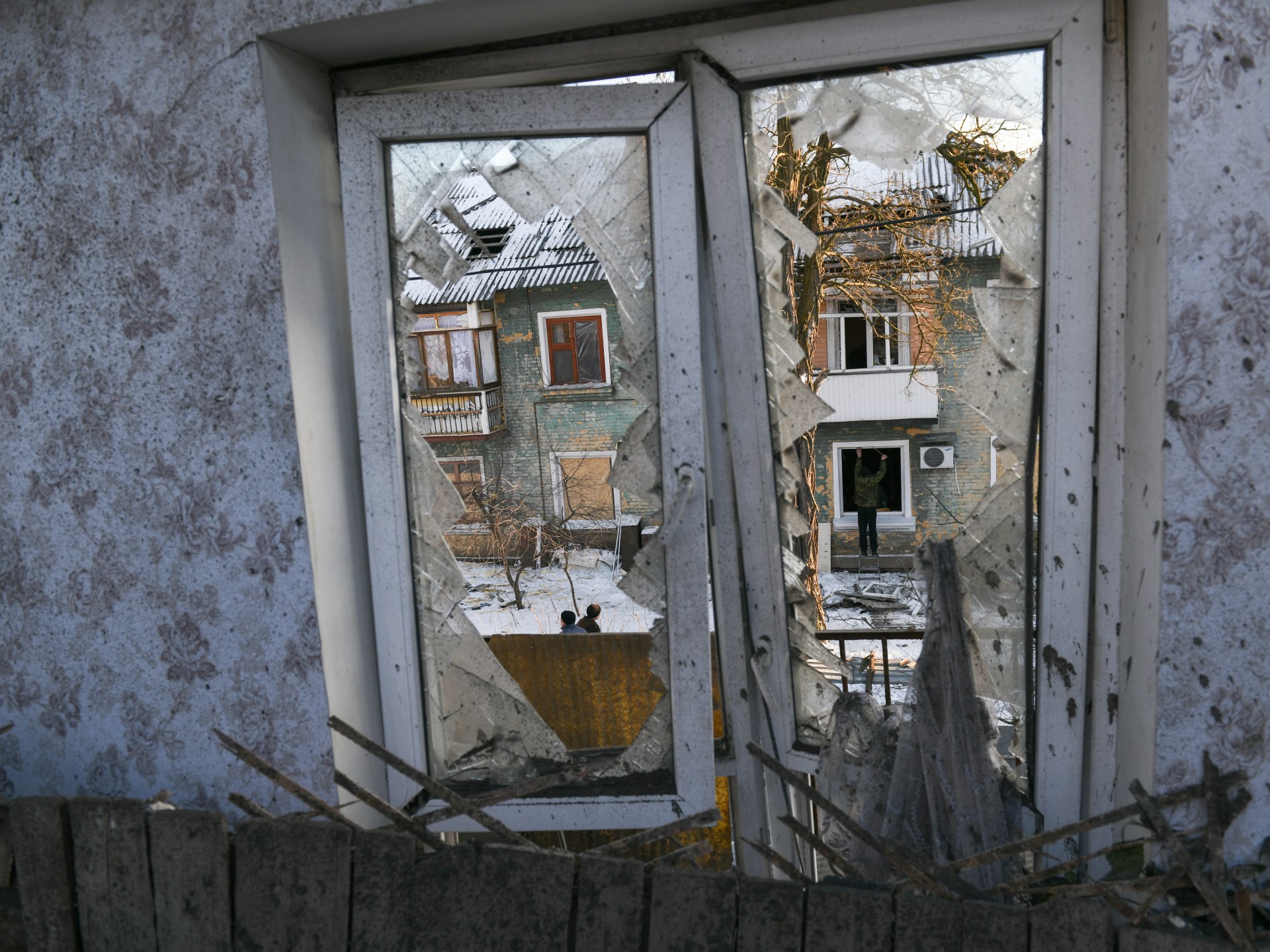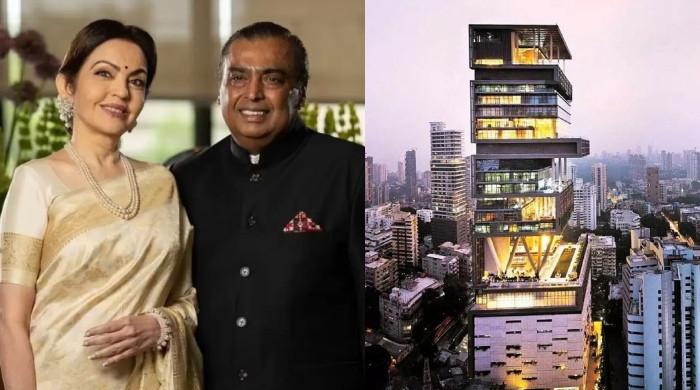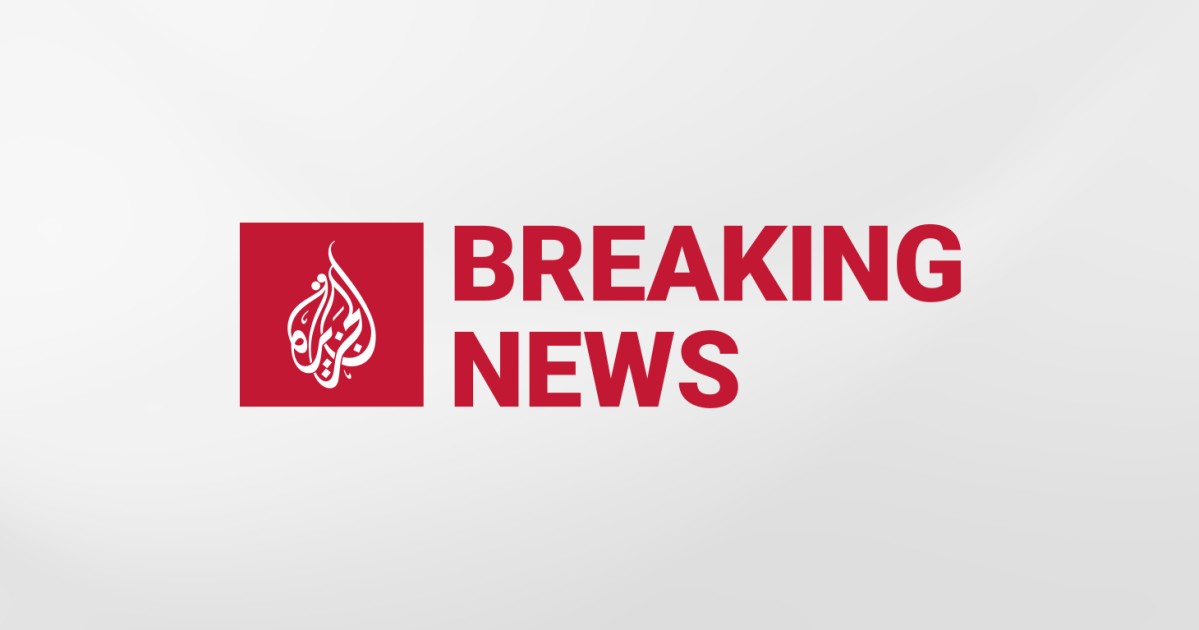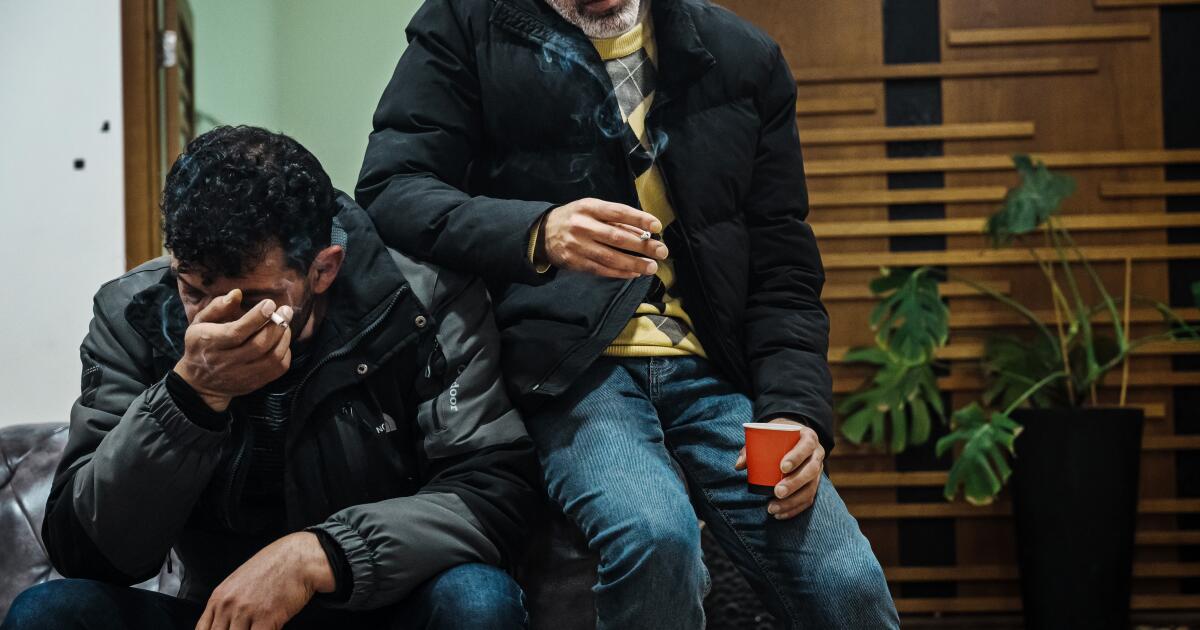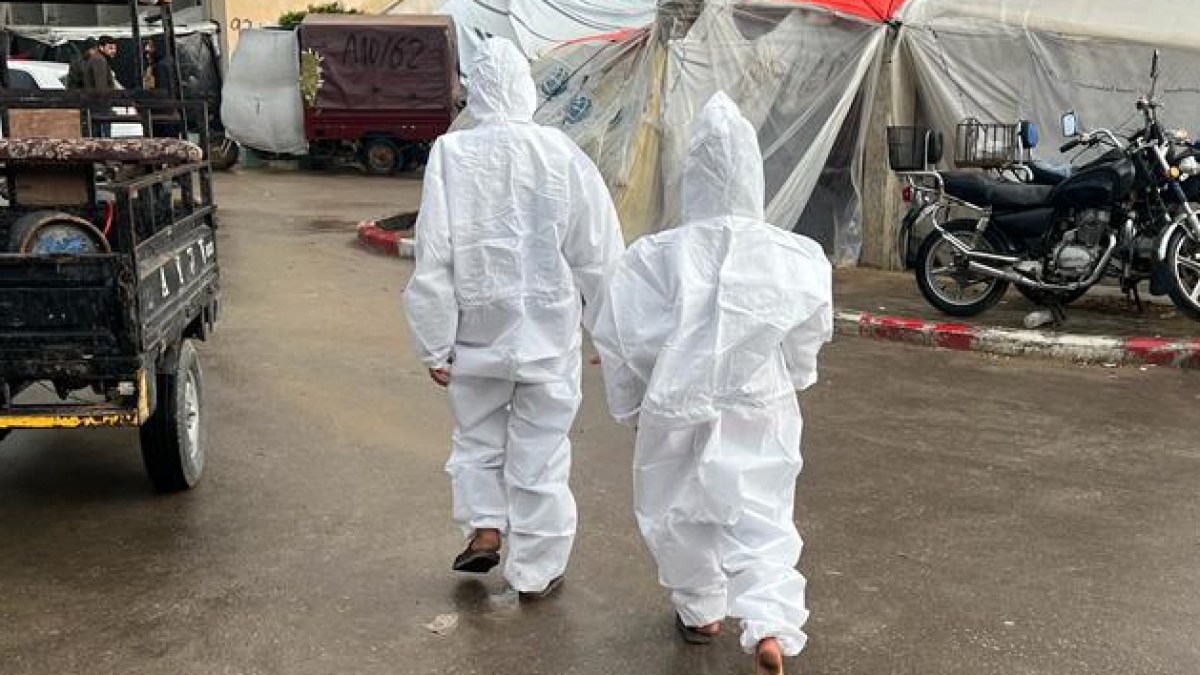- The Charter aims to ensure democratic reform after next year's elections.
- Reforms are needed to avoid a return to authoritarian rule: Yunus.
- The interim leader declares the constitutional revival of the people of Bangladesh.
Bangladesh's most powerful political parties on Friday signed a letter aimed at ensuring democratic reform after elections next year, following a mass uprising that toppled the previous government.
However, celebrations by the government led by Nobel Peace Prize laureate Muhammad Yunus fell silent after one party refused to sign, and police also fired tear gas to quell stone-throwing protesters before the ceremony.
Yunus, 85, has defended the document as his legacy, saying he inherited a “completely broken” system and that reforms are needed to avoid a return to authoritarian rule.
“This is the moment when we are ushering in a new Bangladesh,” Yunus said at the ceremony outside parliament in Dhaka. “We have been reborn.”
The South Asian nation of 170 million people has been mired in political turmoil since Sheikh Hasina was ousted as prime minister by a student-led revolt in August 2024.
The document, dubbed the “July Letter” after last year's uprising, has sparked intense discussions among parties fighting for power ahead of elections scheduled for February.
Yunus, who has vowed to resign after the election, says this will strengthen checks and balances between the executive, judicial and legislative branches.
It includes proposals for a two-term limit for prime ministers and expanded presidential powers.
It also aims to enshrine the recognition of Bangladesh as a multi-ethnic and multi-religious nation.
Leaders of the Bangladesh Nationalist Party (BNP), considered a front-runner in the election, as well as Jamaat-e-Islami, the largest Islamist party in the Muslim-majority nation, signed the letter.
However, the National Citizen Party (NCP), formed by many students who led the uprising that ended Hasina's government, boycotted the ceremony.
Before the ceremony, police and protesters clashed, including those who participated in last year's demonstrations, demanding compensation for those injured.
“The bloodshed of the martyrs is now forgotten,” said Khandakar Mashruk Sarkar, 48.
The letter received a last-minute amendment to include monthly allowances for injured protesters.
The document is expected to be ratified by referendum or by the new parliament that is elected.
Mohammad Ibrahim Hossain, 25, an electrician, among the crowd watching the ceremony, was unclear exactly what changes the letter would introduce.
“I don't know what it contains or what benefit it will bring us,” he said. “I just don't want to see people die anymore.”

